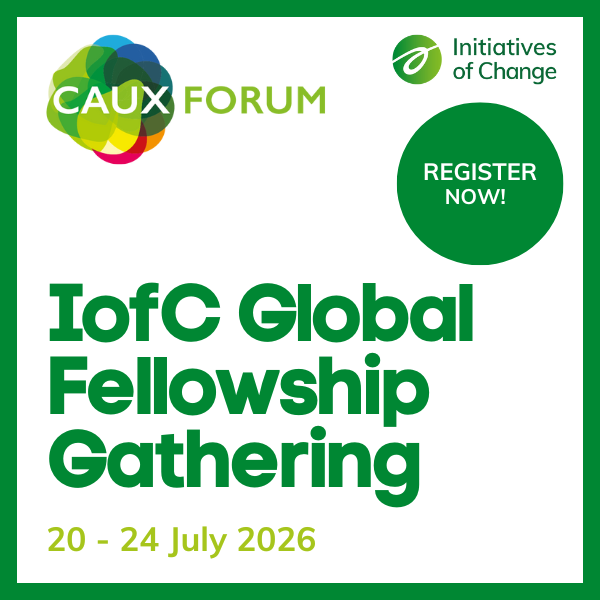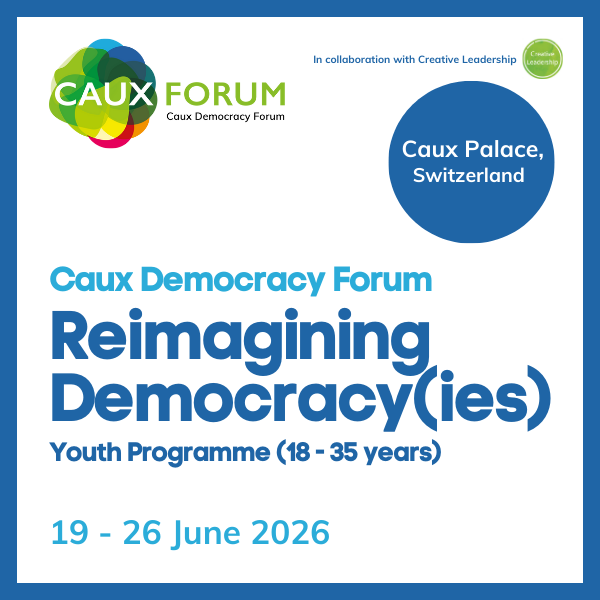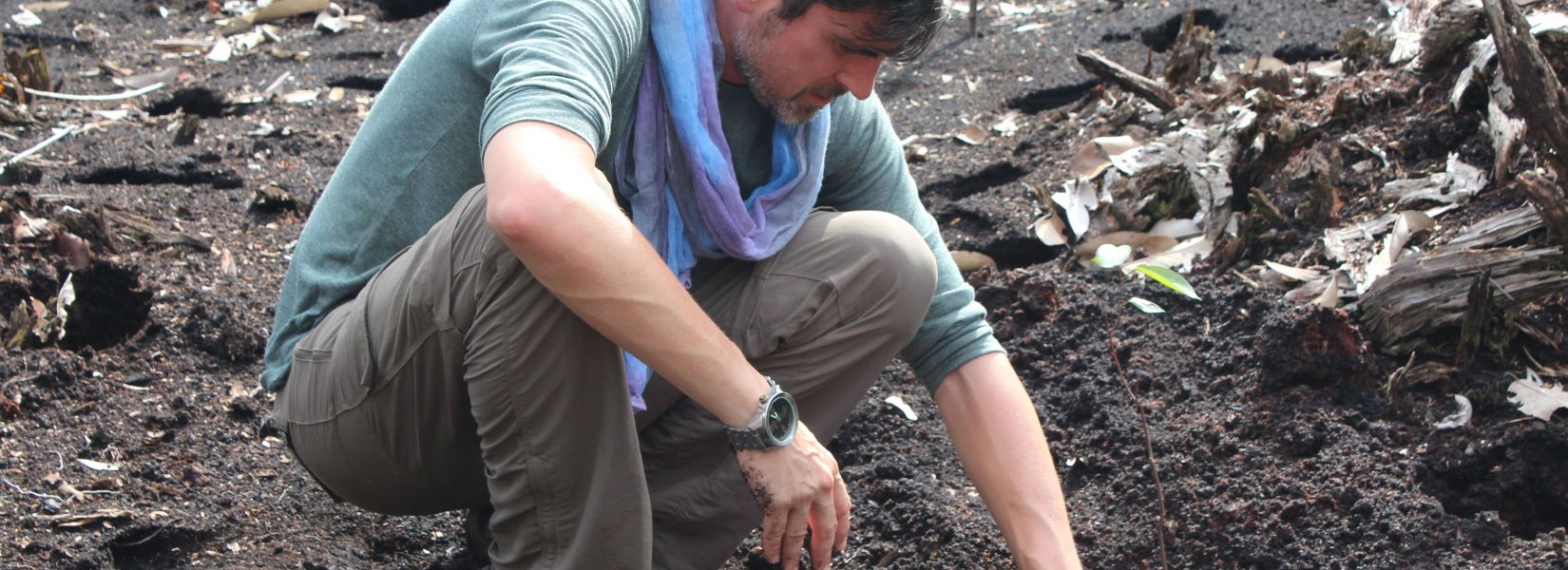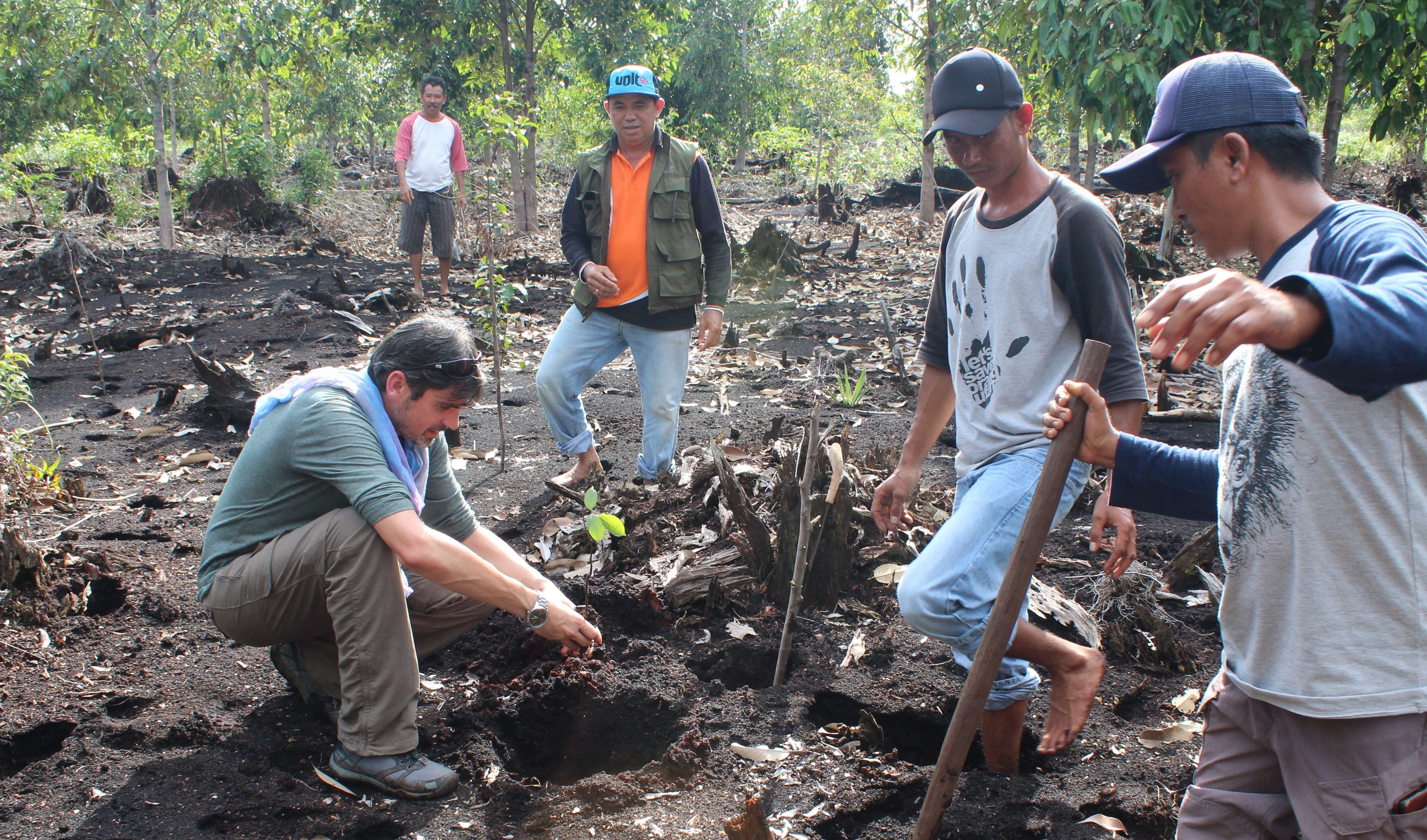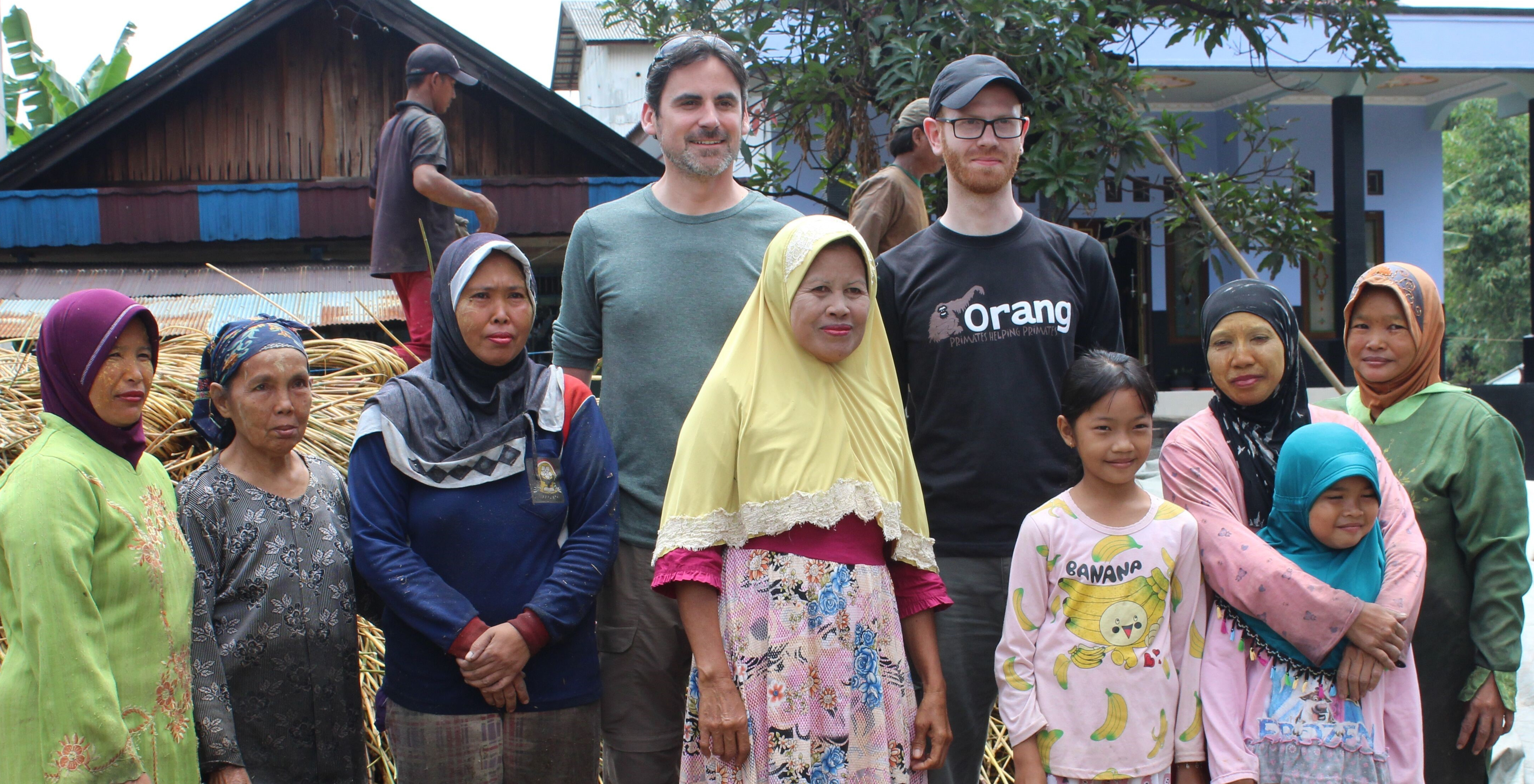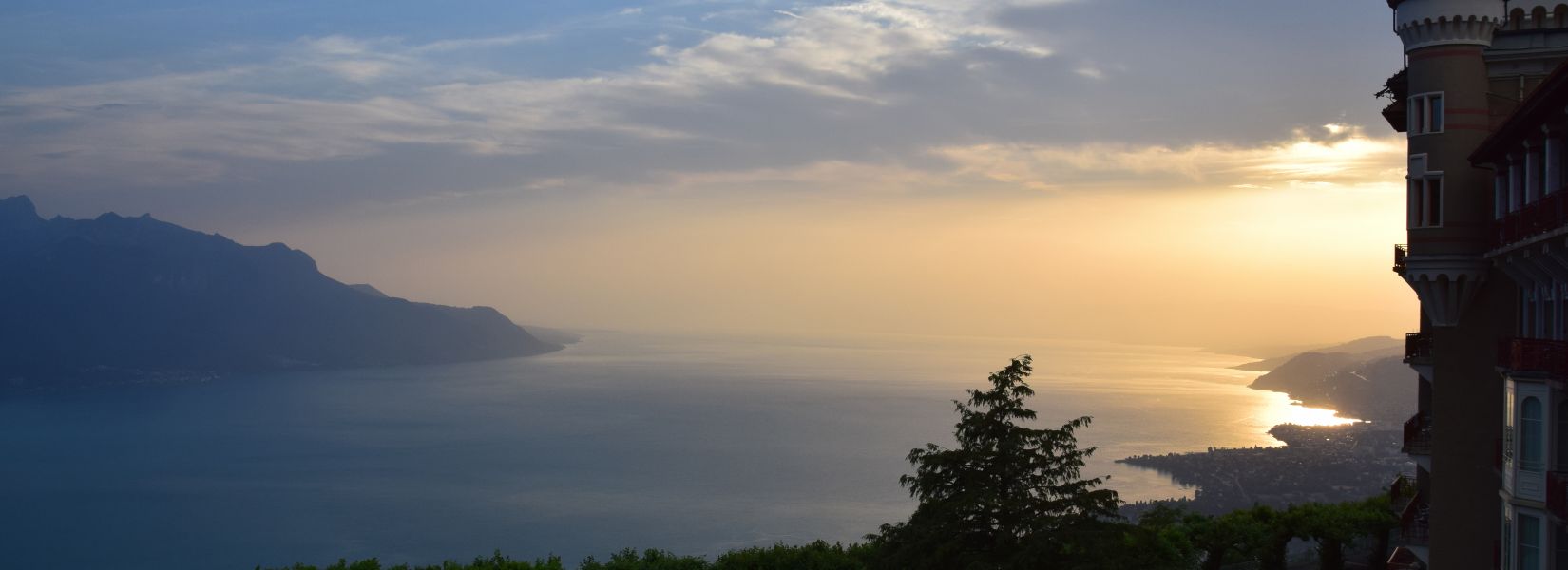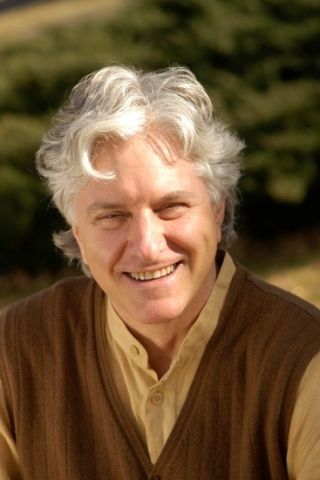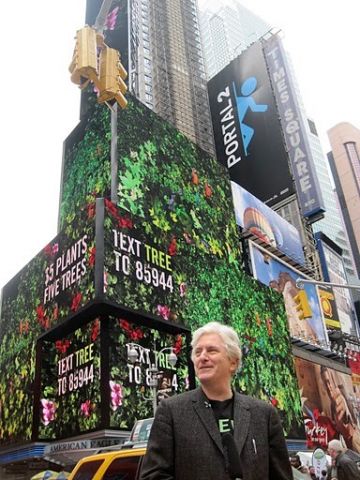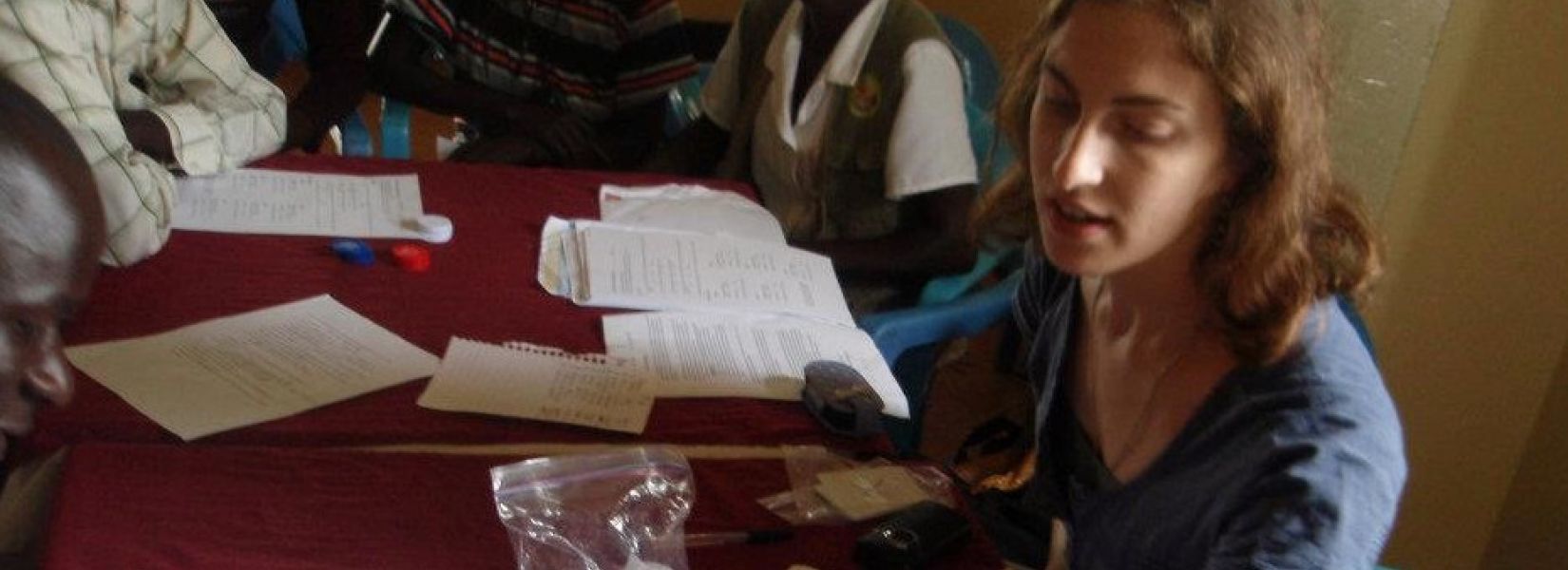
The Magic of Caux
07/06/2019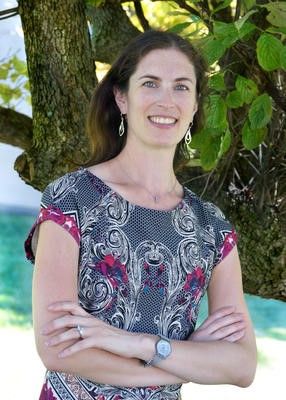
As one of the founding members of the Caux Dialogue on Land and Security, Dr Jennifer Helgeson remembers the excitement of its earliest stages. After moving from the UK to the USA, her direct involvement with running the CDLS has decreased, but she remains a huge advocate of the programme. She continues to act as IofC’s liaison to the United Nations Climate Change conference and to participate in the CDLS.
What makes the Dialogue special for Jenn is Caux’s unique model. She speaks proudly of the fact that the CDLS centres on the human connections that underlie the projects, science and mission shared by those involved. Throughout her career in disaster risk and natural hazard reduction, Jennifer has been continually touched by the extent to which human connections are the catalyst for real action.
As one of the Caux Dialogue on Land and Security’s initiators, Jennifer has experienced the conference both as a member of the planning team and as a participant. She has been heartened to meet people from around the globe who share similar concerns. Their answers are unique to the location and needs of their communities, yet are transferable to the lived realities of others. Jenn says,‘The spirit of the CDLS is magical. It is elating to spend days with people striving to solve the issues I am also working to solve with innovative methods and genuinely good intentions!’
She has given informal advice on the behavioural economic elements of land restoration projects born out of the CDLS. Techniques and research approaches learned at the CDLS have affected her world view and how she conducts her professional work.
What’s more, Jennifer has co-edited a book on land degradation, Land Restoration: Reclaiming Landscapes for a Sustainable Future. She conceived and worked on the project with other members of the CDLS, including Martin Frick and Ilan Chabay.
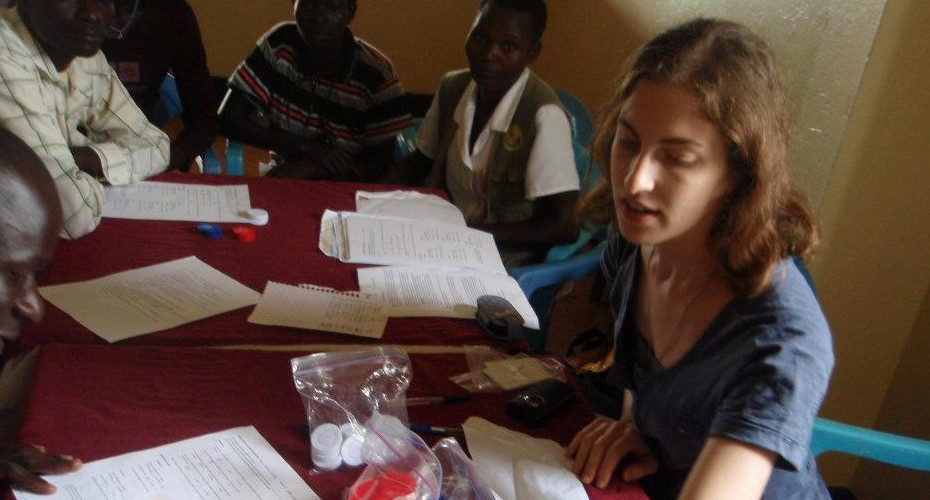
related stories
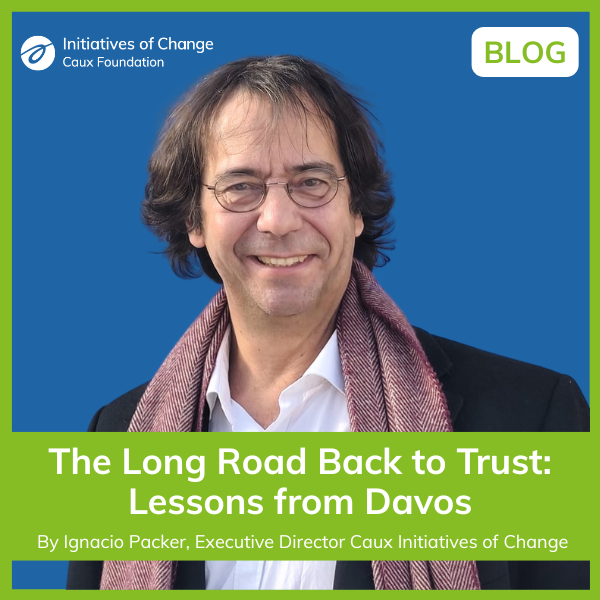
The Long Road Back to Trust: Lessons from Davos
After participating in the World Economic Forum Annual Meeting in Davos on 22 January 2026, Ignacio Packer, Executive Director of the Caux Initiatives of Change Foundation, reflects on the question th...
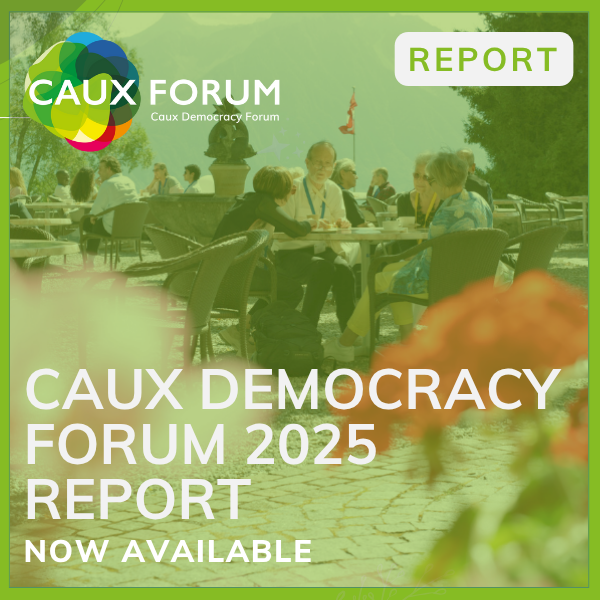
Caux Democracy Forum 2025: The full report is now available
Discover the full report of the Caux Democracy Forum 2025 which brought together more than 350 participants from over 45 countries at the Caux Palace to reflect and act on the theme “Revitalizing Demo...

Caux Inner Development Goals Forum 2025: Call for Workshops
Call for workshops! You would like to give share your inspiration, ideas and skills with other participants at the Caux IDG Forum this summer? We look forward to your application! Applications will be...

Democracy: a matter of choice and voice
"In a democracy, each of us carries the responsibility to engage, listen and to contribute. It is more than a political system. It is about choice and voice. How does this resonate with you?" With the...

Europe: A Mindset of Diversity
Spanish journalist Victoria Martín de la Torre is passionate about Europe, diversity and interfaith relations. Here she reflects on different aspects of Europe, based on her PhD research which led her...

What is the meaning of home?
Amid escalating conflicts worldwide, the arts emerge as a potent force to challenge misconceptions and foster positive perspectives. The pivotal role of artists in creatively raising awareness has nev...

Walking the Talk in Business
On 25 - 28 January, some 60 CEOs and other senior staff came together under Chatham House Rules to share personal experiences on how to balance a sustainable business with integrity and trust. Executi...

Caux Forum 2024: Save the Date!
Save the date for the Caux Forum 2024! This summer Caux Initiatives of Change, in partnership with Initiatives of Change International and supported by other civil society networks, UN agencies, phila...

Filling the gap in global efforts for peace and democracy
The Caux Forum 2023 Opening Ceremony set the tone for the conference with the theme, ‘Strengthening Democracy: The Journey from Trauma to Trust.’. Discover the report and relive the highlights of this...

Finding purpose and harmony through music and the Caux Palace
In a world filled with diverse cultures and languages, the journey of musician Tsvetana Petrushina is an inspiring tale of how she discovered her purpose. Her remarkable story led her to the Caux Pala...

Caux Forum 2023: Save the Date
We are excited to announce the Caux Forum will be back in Caux next summer! Find out more and save the date! ...

Arpan Yagnik: Mountains to climb
Arpan Yagnik, a participant of last year's Creative Leadership conference and team member of the IofC Hub 2021, talks to Mary Lean about creativity, fear and vocation. ...

Young Ambassadors Programme 2021: Learning to listen
When Indonesian law student Agustina Zahrotul Jannah discovered the Young Ambassadors Programme (YAP) on Google she felt both excited and hopeless: excited because she hoped it might give her the skil...

Sofia Syodorenko: A zero waste lifestyle is a mindful lifestyle
How did Sofia Syodorenko become involved in the zero waste movement, and what does it mean to her? Now Chair of Foundations for Freedom, she is also a representative of the Zero Waste Alliance Ukraine...

‘Where Grieving Begins – Building Bridges after the Brighton Bomb’: a live interview with Patrick Magee
The second in Tools for Changemakers’ series of Stories for Changemakers took place on 25 August 2021, with an interview with Patrick Magee, who planted a bomb at the Grand Hotel, Brighton, in 1984, w...
